5 key questions for the Winter Olympics
The 2018 Winter Games will open in Pyeongchang, South Korea, this week. Here's everything you need to know.
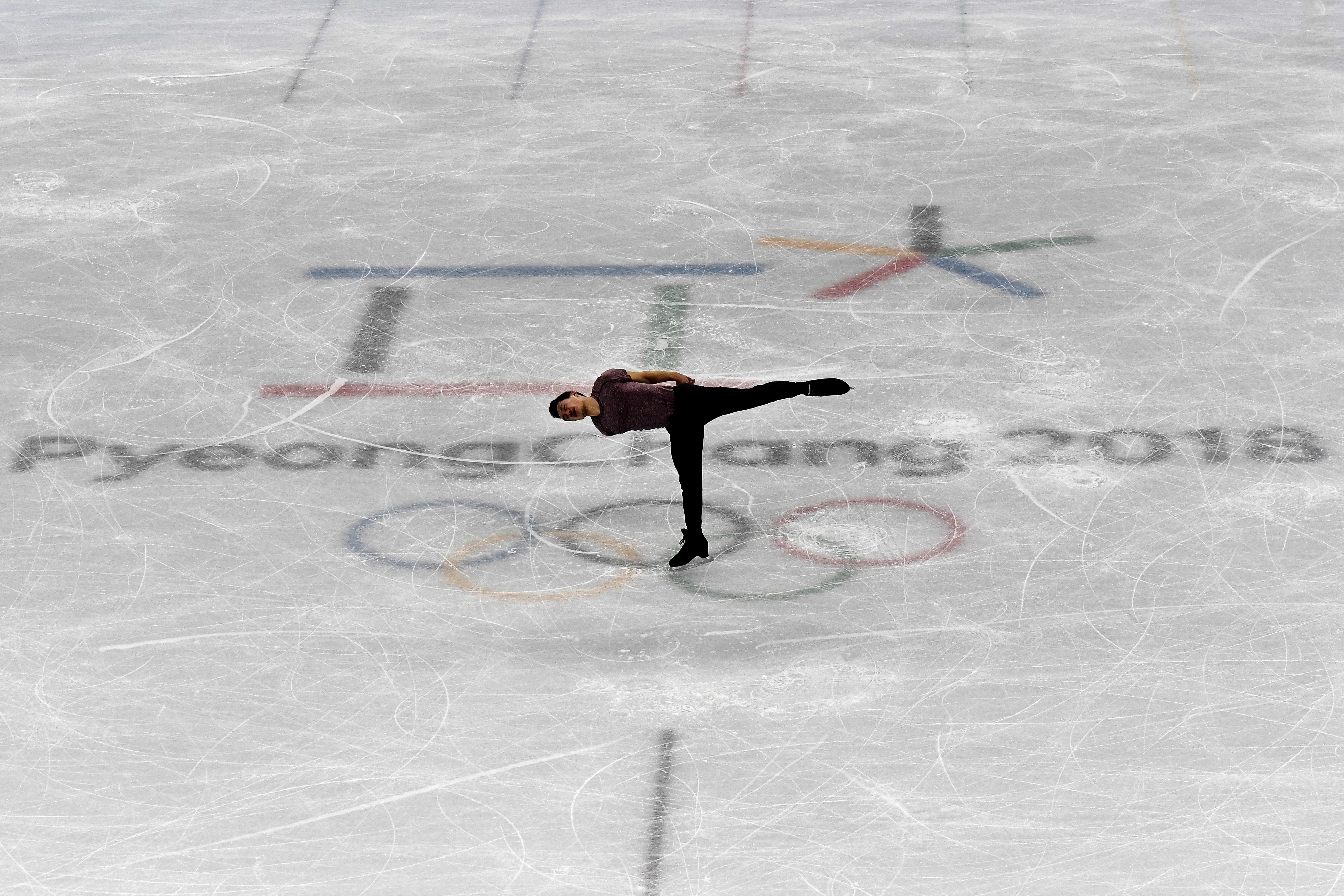
A free daily email with the biggest news stories of the day – and the best features from TheWeek.com
You are now subscribed
Your newsletter sign-up was successful
The 2018 Winter Games will open in Pyeongchang, South Korea, this week. Here's everything you need to know.
What's new at these Games?
A bunch of new events. For the first time, Olympians will compete in mass-start speed skating, in which as many as 24 skaters race simultaneously; mixed-doubles curling; mixed-team Alpine skiing; and big air snowboarding, wherein competitors launch themselves off a 160-foot-high ramp, the largest of its kind in the world. All in all, there will be 102 events across 15 sports, including bobsledding, figure skating, luge, and ski jumping. Another first this year: NBC, the official U.S. broadcaster of the Games, will feature live coverage of events during U.S. prime time, across all time zones. Pyeongchang is 14 hours ahead of the East Coast and 17 hours ahead of the West Coast, which means far fewer events on tape delay in which the medal winners are already known. Also: Russia has been banned from competing at the Games, because of its state-backed doping program and an elaborate cheating scheme it carried out when it hosted the last Winter Games, in Sochi in 2014.
The Week
Escape your echo chamber. Get the facts behind the news, plus analysis from multiple perspectives.

Sign up for The Week's Free Newsletters
From our morning news briefing to a weekly Good News Newsletter, get the best of The Week delivered directly to your inbox.
From our morning news briefing to a weekly Good News Newsletter, get the best of The Week delivered directly to your inbox.
So there won't be any Russian athletes?
Not quite. Russia is still sending a team of 169 athletes to Pyeongchang, where they will compete as individual "Olympic athletes from Russia" under a neutral flag. These athletes have been approved by the International Olympic Committee for currently being drug-free and having a history of passing drug tests. The size of the delegation is not substantially different from the size of past Russian teams — 232 athletes at the Sochi Games and 177 in Vancouver in 2010 — raising questions about whether the IOC's punishment has actually accomplished anything. The IOC announced the ban in December, saying an investigation had concluded that at Sochi Russian government agents replaced the urine samples of athletes who were using performance-enhancing drugs with clean samples. In addition to banning those athletes, the IOC stripped the Russian Olympic Committee of 13 of its medals from the 2014 Games, and fined it $15 million. The country's flag will not be allowed to fly in Pyeongchang, and its anthem will not be played, even if a Russian national wins a gold.
Should we be worried about North Korea?
After a year of sky-high tensions on the Korean Peninsula, fears of potential missile tests or worse by North Korean leader Kim Jong Un during the Games — which take place just 50 miles from the North Korean border — have been calmed in recent weeks. In early January, North Korea reopened a long-suspended hotline used for communicating with the South, and shortly after, North and South Korea agreed to have their athletes march together under one flag at the opening ceremony. The North has also agreed to send 22 athletes, including 12 female ice hockey players who will form a unified women's ice hockey team with South Korean athletes — the first time the two Koreas, which have technically been at war since the 1950s, have fielded a joint team at the Olympics. Still, the gestures don't mean that tensions over North Korea's missile program have been defused. South Korea has promised that 5,000 members of its military will be on duty at the Games, and North Korea has signaled it may hold a large-scale military parade on Feb. 8, in a potential show of force on the eve of the opening ceremony.
A free daily email with the biggest news stories of the day – and the best features from TheWeek.com
Any other drama expected?
For the first time since 1994, no National Hockey League players will be competing. Among the league's reasons for pulling out of the Games are the 17-day disruption to the season that attendance would require and the IOC's refusal this year to pay for accommodations, insurance, and other costs on behalf of players. The National Hockey League Players' Association strongly dissented in a public statement: "This is the NHL's decision, and its alone. It is very unfortunate for the game, the players, and millions of loyal hockey fans." Instead of the usual hockey pros on the ice, college, minor-league, and international players will fill out Team USA's roster, captained by 2006 Olympian Brian Gionta, a 39-year-old free agent. Gionta chose not to sign with an NHL team this season in order to compete in Pyeongchang.
Who might be the breakout stars of Team USA?
There will be a number of familiar faces, including veteran Olympians such as snowboarder Shaun White and alpine ski racer Lindsey Vonn, competing for medals. But there is also a raft of young athletes who are already breaking boundaries: Maame Biney, an 18-year-old who was born in Ghana, has become the first African-American woman to qualify for the Olympic speed skating team, and Boston University student Jordan Greenway will be the first black hockey player of either sex to compete on Team USA. Freestyle skier and Sochi silver medalist Gus Kenworthy and figure skater Adam Rippon are the first openly gay men to represent the U.S. at a Winter Games. Other standouts include Chloe Kim, who at 17 could be the youngest female snowboarder ever to take home the gold, and 18-year-old Nathan Chen, who is a favorite for a figure-skating medal after pulling off a staggering five quadruple jumps when he won the nationals in January.
-
 The UK expands its Hong Kong visa scheme
The UK expands its Hong Kong visa schemeThe Explainer Around 26,000 additional arrivals expected in the UK as government widens eligibility in response to crackdown on rights in former colony
-
 One great cookbook: Joshua McFadden’s ‘Six Seasons of Pasta’
One great cookbook: Joshua McFadden’s ‘Six Seasons of Pasta’the week recommends The pasta you know and love. But ever so much better.
-
 Scientists are worried about amoebas
Scientists are worried about amoebasUnder the radar Small and very mighty
-
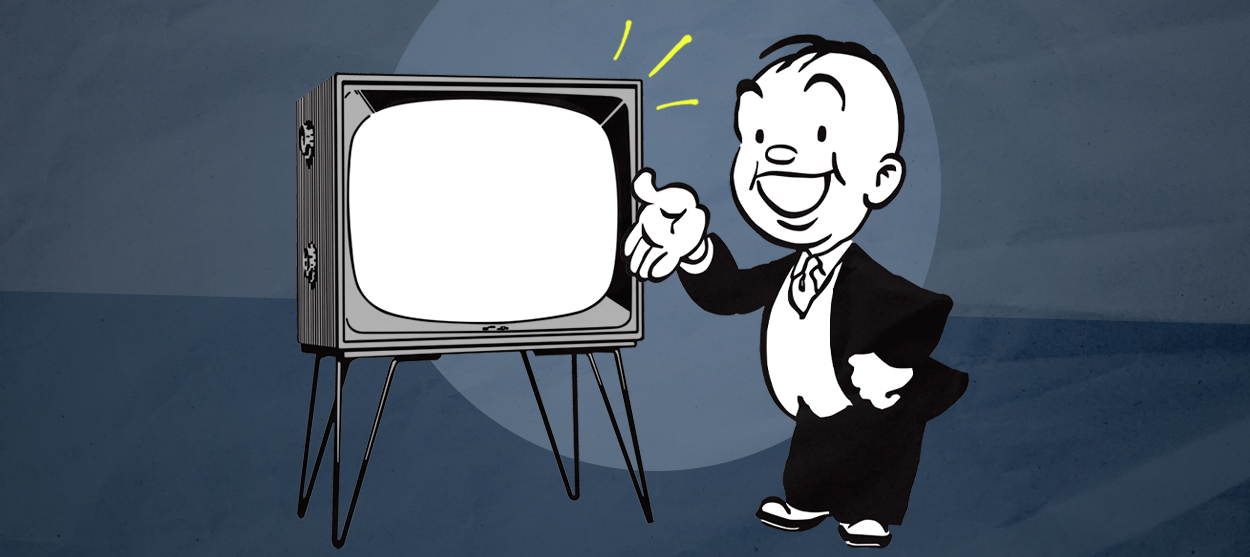 The hottest Super Bowl ad trend? Not running an ad.
The hottest Super Bowl ad trend? Not running an ad.The Explainer The big game will showcase a variety of savvy — or cynical? — pandemic PR strategies
-
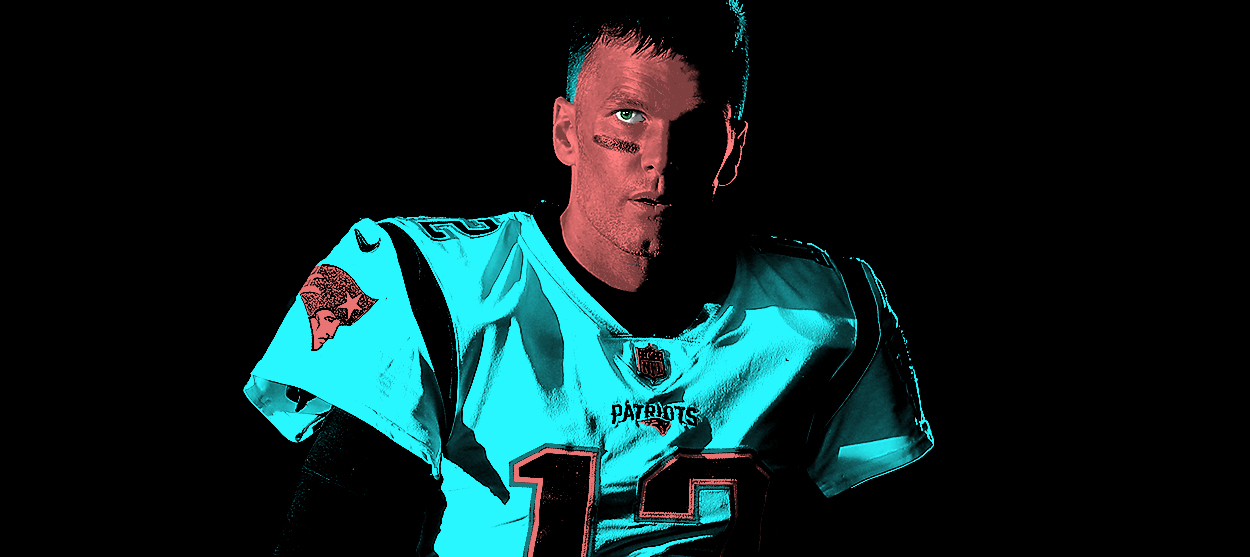 Tom Brady bet on himself. So did Bill Belichick.
Tom Brady bet on himself. So did Bill Belichick.The Explainer How to make sense of the Boston massacre
-
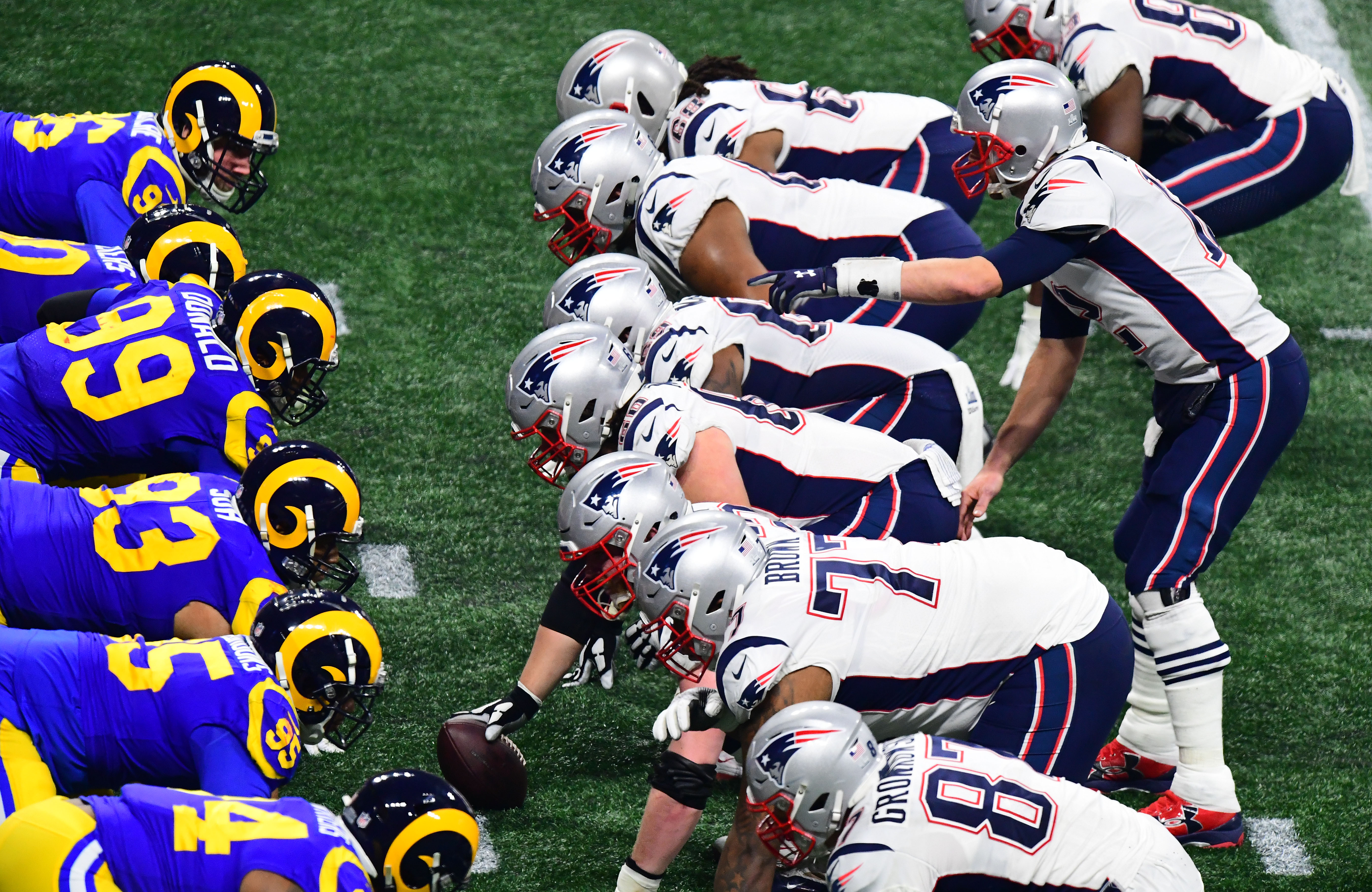 The 13 most exciting moments of Super Bowl LIII
The 13 most exciting moments of Super Bowl LIIIThe Explainer Most boring Super Bowl ... ever?
-
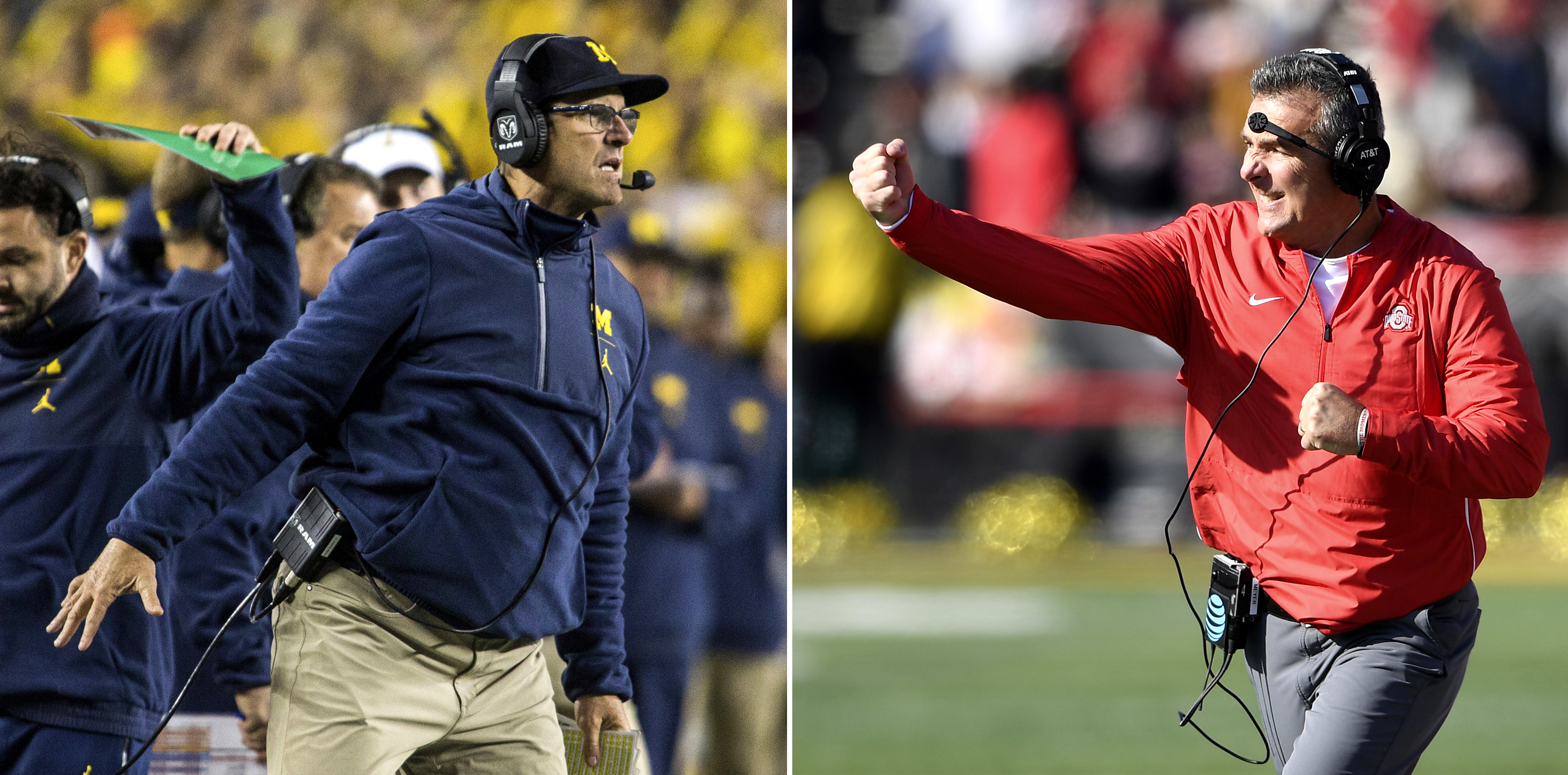 The enduring appeal of Michigan vs. Ohio State
The enduring appeal of Michigan vs. Ohio StateThe Explainer I and millions of other people in these two cold post-industrial states would not miss The Game for anything this side of heaven
-
 When sports teams fleece taxpayers
When sports teams fleece taxpayersThe Explainer Do taxpayers benefit from spending billions to subsidize sports stadiums? The data suggests otherwise.
-
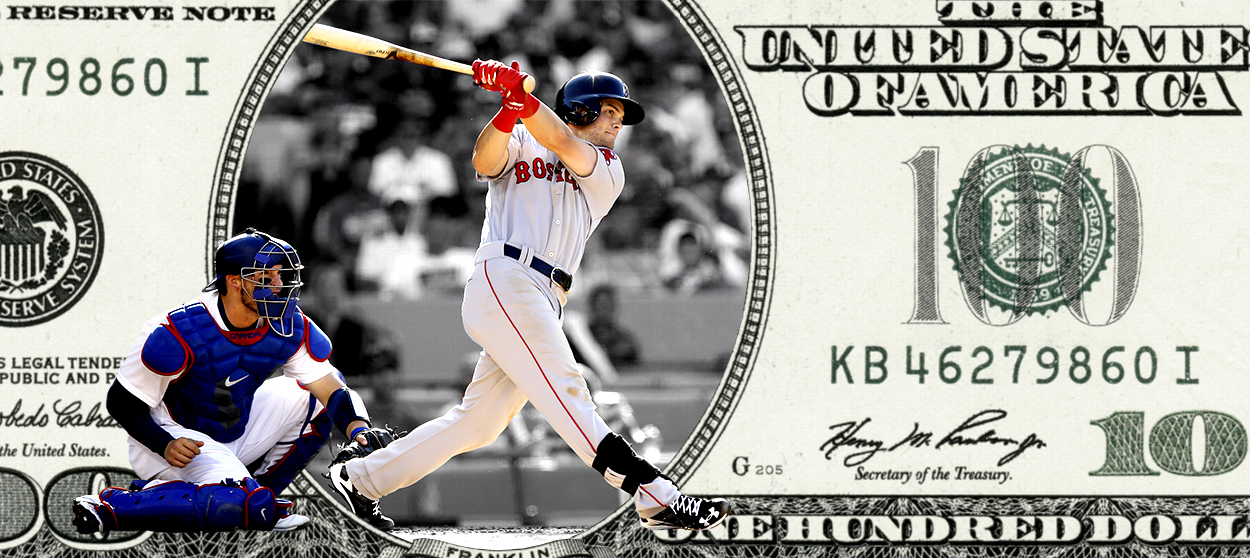 The 2018 World Series is bad for baseball
The 2018 World Series is bad for baseballThe Explainer Boston and L.A.? This stinks.
-
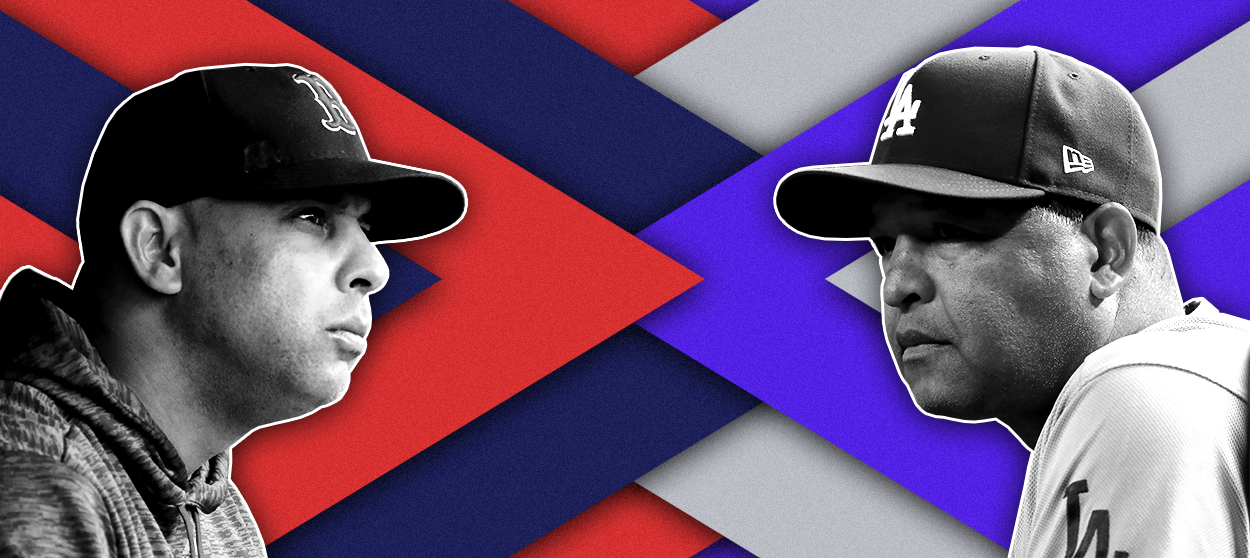 This World Series is all about the managers
This World Series is all about the managersThe Explainer Baseball's top minds face off
-
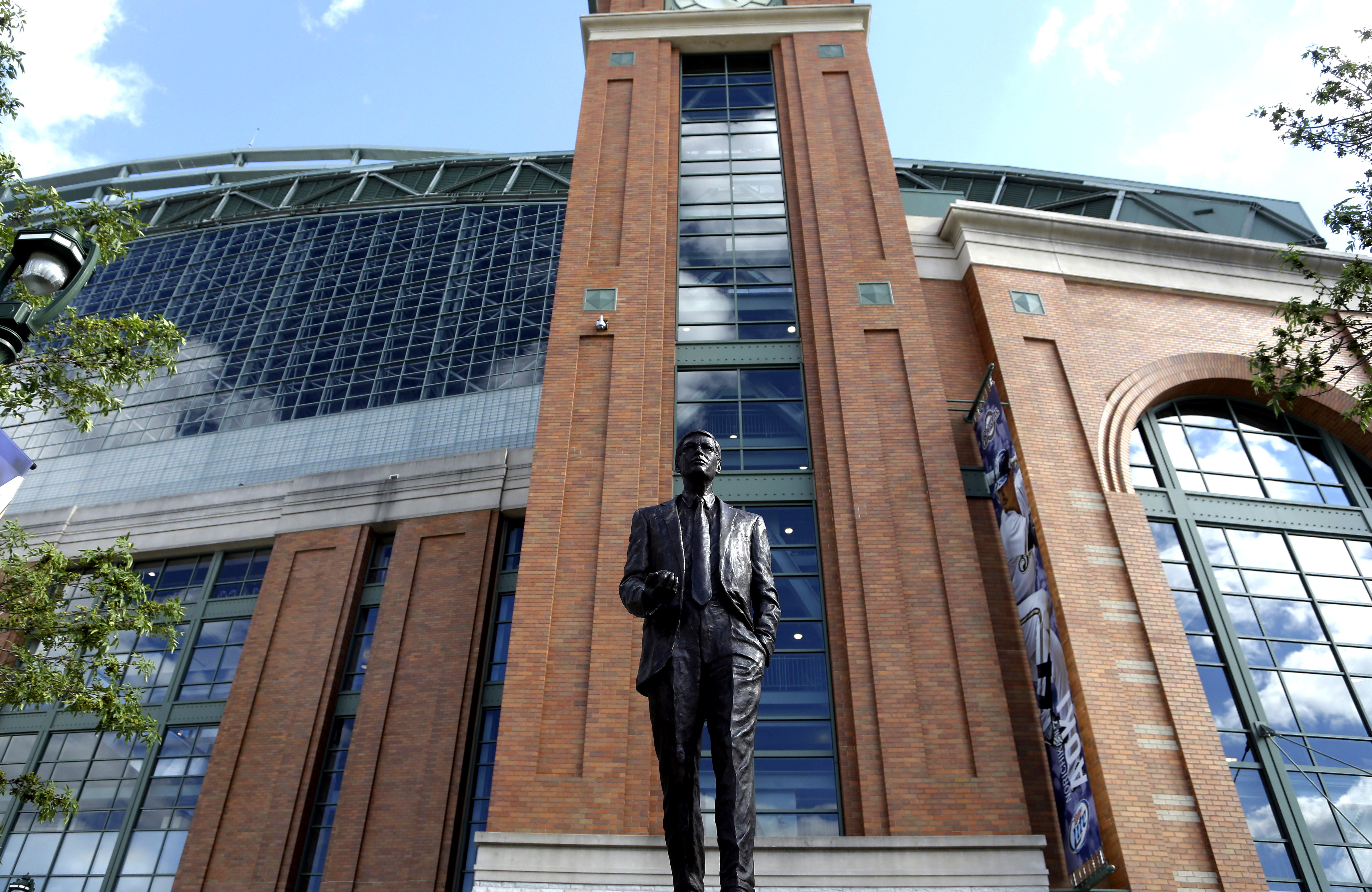 Behold, the Bud Selig experience
Behold, the Bud Selig experienceThe Explainer I visited "The Selig Experience" and all I got was this stupid 3D Bud Selig hologram